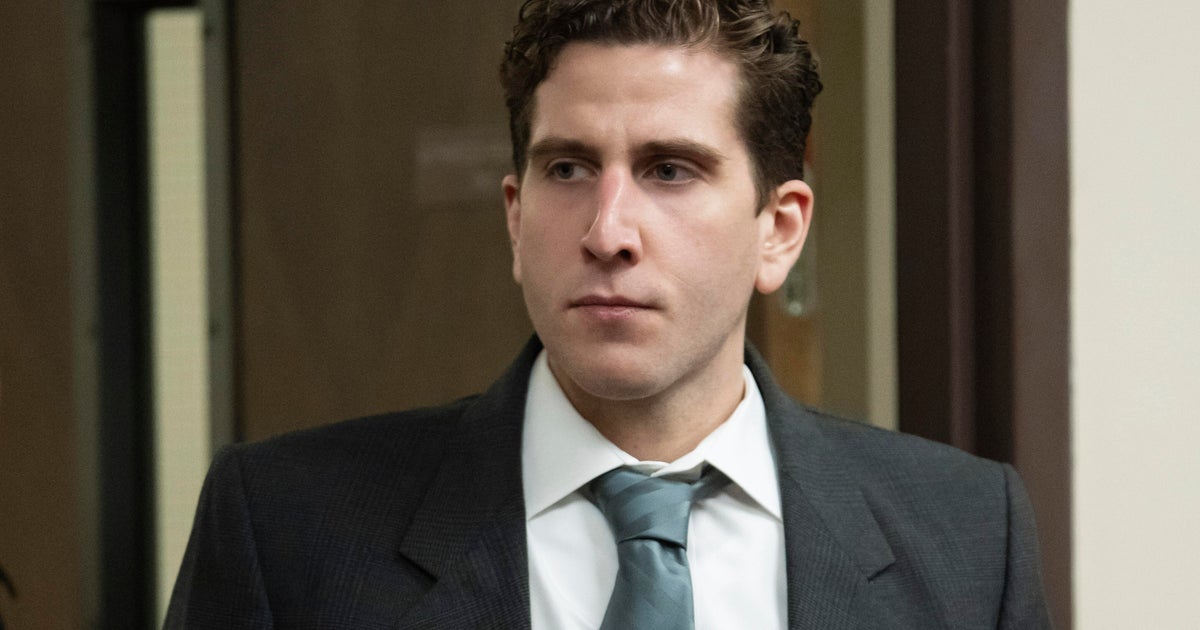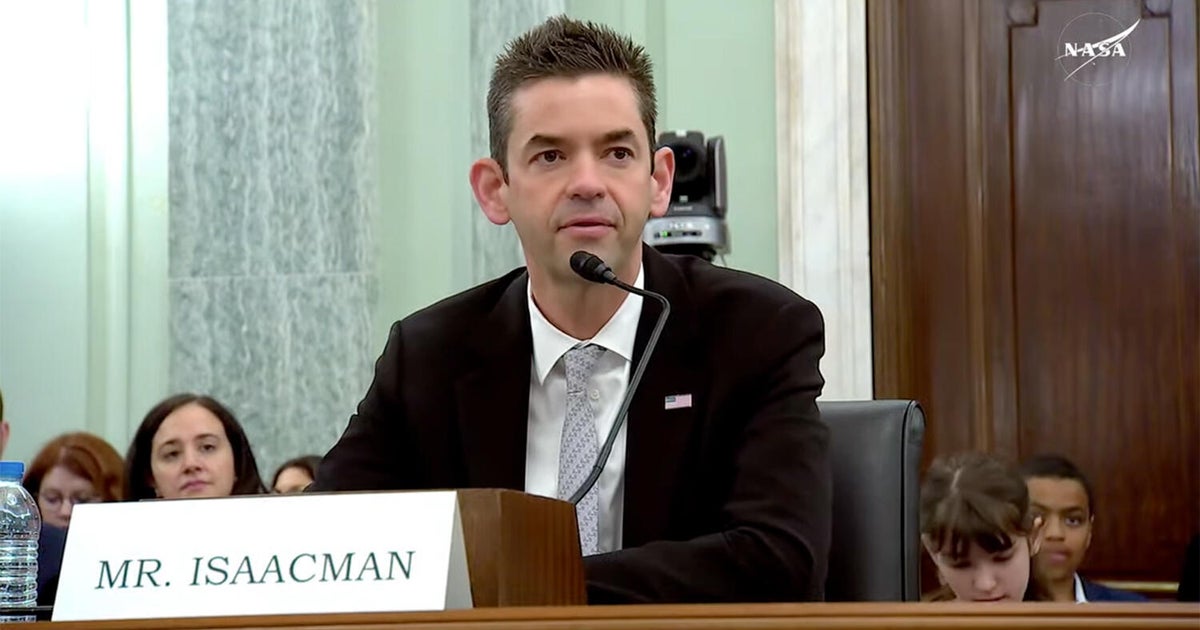Prosecutors and attorneys for Bryan Kohberger, the man charged in the killings of four University of Idaho students in 2022, will argue some of the final ground rules they want for his trial in a two-day hearing set to begin Wednesday morning.
Kohberger, 30, is accused in the stabbing deaths of Ethan Chapin, Xana Kernodle, Madison Mogen and Kaylee Goncalves at a rental home near campus in Moscow, Idaho. Prosecutors say the four were killed in the early morning hours of Nov. 13, 2022, and their bodies were discovered later that day.
Kohberger, then a criminal justice graduate student at Washington State University, was arrested in Pennsylvania weeks after the killings. Investigators said they matched his DNA to genetic material recovered from a knife sheath found at the crime scene.
A judge previously entered not guilty pleas on Kohberger’s behalf when he remained silent after being asked how he pleaded.
Attorneys for the prosecution and defense have submitted more than 170 legal filings ahead of Kohberger’s trial, CBS News correspondent Jonathan Vigliotti reported Wednesday on “CBS Mornings.” Among the filings are motions addressing whether Kohberger should face the death penalty if convicted, whether witnesses should be allowed to testify about issues like “touch DNA,” and whether certain people should or should not be allowed in the courtroom during the trial.
The hearing will give the attorneys a chance to make their case in person, discussing the legal reasoning behind their requests. It will also give 4th District Judge Steven Hippler a chance to ask the attorneys questions as he weighs their arguments.
Many of the motions are focused on what evidence can be presented to jurors during the trial. Each side has argued some evidence should be prohibited.
For their part, Kohberger’s defense team is seeking to limit how much of their client’s online shopping data can enter the court, as prosecutors allege the suspect used his Amazon account to purchase what they believe to be the murder weapon — a Ka-Bar knife with sheath and sharpener — and legal filings show they want to introduce evidence of his “click history” at Amazon.com. Kohberger’s attorneys have argued his online shopping history could be taken out of context or not reflect the influence of algorithms that recommend purchases.
Investigators never found the Ka-Bar knife, although they did discover the sheath next to one of the victims at the crime scene.
Defense attorneys have suggested the paraphernalia was planted, in another attempt by Kohberger’s representation to push back on evidence that’s central to the prosecution’s case. His lawyers have also argued against the admissibility of testimony from one of the slain women’s surviving roommates, who claims to have seen a masked man with “bushy eyebrows” in the house the night of the murders. His lawyers suggested the testimony could unfairly influence the jury.
Prosecutors want to introduce a photo that Kohberger took of himself hours after the time of the killings because they say it shows what he looked like at that time.
The defense and prosecution also will likely present arguments over whether jurors should hear audio of a 911 call made by two women in the house roughly eight hours after the killings, as they realized one of their roommates wasn’t waking up.
Regarding the death penalty, Kohberger’s defense has asked the judgeto find that an autism spectrum disorder diagnosis would make Kohberger ineligible for the death penalty.
Other topics that could come up include what kinds of questions will be asked during the jury selection process. Attorneys on both sides have submitted proposed questionnaires that could be used to narrow the jury pool down to a small group of candidates, but so far those documents have been sealed from public view.
Hippler can “rule from the bench” — simply telling the attorneys what his decision is on each request — but he can also decide to issue a written ruling sometime after the hearing is over. Sometimes written rulings can be particularly helpful in complicated legal cases like this one, because they can help attorneys quickly find and refer to the judge’s decisions months or even years down the road.
Jury selection in the case is expected to begin July 30, with the trial starting Aug. 11 in the Ada County Courthouse in downtown Boise.
The trial is expected to take nearly three months to complete, lasting into the start of November.




